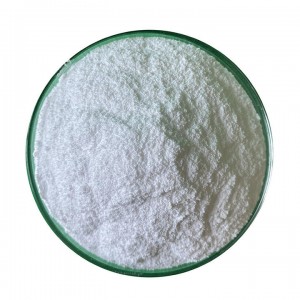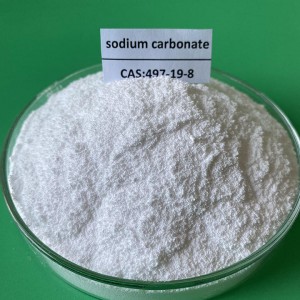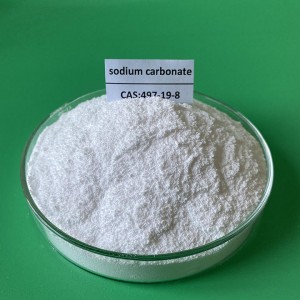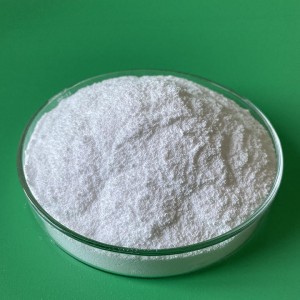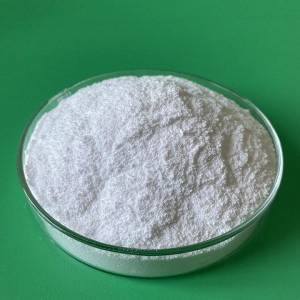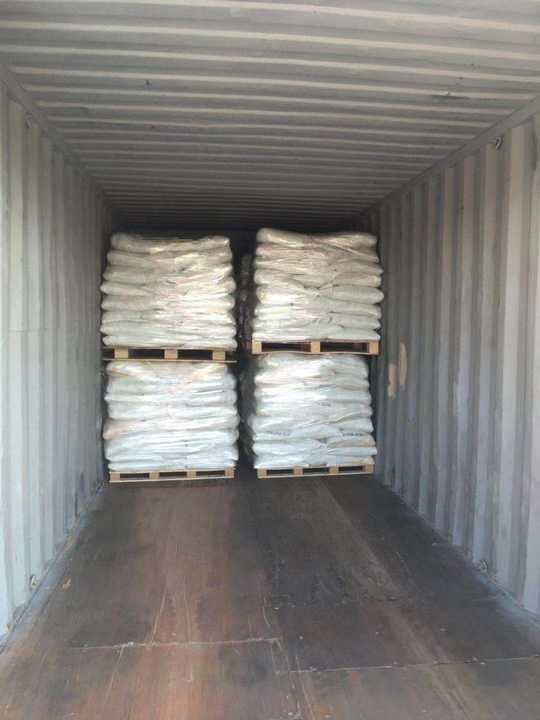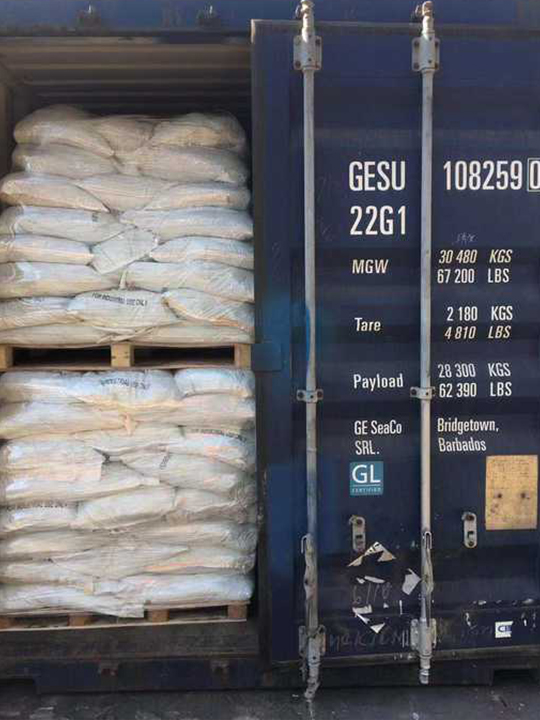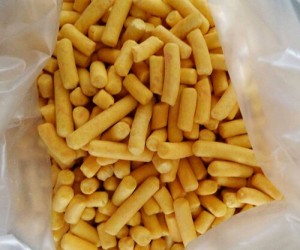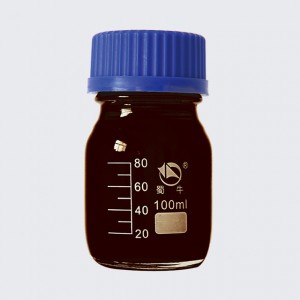Industrial Soda Ash Sodium Carbonate
Sodium carbonate has wide applications in various kinds of fields around the world. One of most important application of sodium carbonate is for the manufacturing of glass. Based on statistics information, about half of the total production of sodium carbonate is used for the manufacturing of glass. During the production of glass, sodium carbonate acts as a flux in the melting of silica. In addition, as a strong chemical base, it is used in the manufacturing of pulp and paper, textiles, drinking water, soaps and detergents and as a drain cleaner. In addition, it can also be used for tissue digestion, dissolving amphoteric metals and compounds, food preparation as well as acting as a cleaning agent.
The following is our analysis of the common fields of sodium carbonate
3. Food additives and cooking:
Sodium carbonate is a food additive that acts as an anti caking agent, acidity regulator, stabiliser, and raising agent. It has a variety of culinary applications. It is also added to some food items to enhance their taste.
Sodium carbonate has several uses in cuisine, largely because it is a stronger base than baking soda (sodium bicarbonate) but weaker than lye (which may refer to sodium hydroxide or, less commonly, potassium hydroxide). Alkalinity affects gluten production in kneaded doughs, and also improves browning by reducing the temperature at which the Maillard reaction occurs. To take advantage of the former effect, sodium carbonate is therefore one of the components of kansui , a solution of alkaline salts used to give Japanese ramen noodles their characteristic flavor and chewy texture; a similar solution is used in Chinese cuisine to make lamian, for similar reasons. Cantonese bakers similarly use sodium carbonate as a substitute for lye-water to give moon cakes their characteristic texture and improve browning.
In German cuisine (and Central European cuisine more broadly), breads such as pretzels and lye rolls traditionally treated with lye to improve browning can be treated instead with sodium carbonate; sodium carbonate does not produce quite as strong a browning as lye, but is much safer and easier to work with.Sodium carbonate is used in the production of sherbet powder. The cooling and fizzing sensation results from the endothermic reaction between sodium carbonate and a weak acid, commonly citric acid, releasing carbon dioxide gas, which occurs when the sherbet is moistened by saliva.
Sodium carbonate also finds use in food industry as a food additive (E500) as an acidity regulator, anti caking agent, raising agent, and stabilizer. It is also used in the production of snus to stabilize the pH of the final product.
While it is less likely to cause chemical burns than lye, care must still be taken when working with sodium carbonate in the kitchen, as it is corrosive to aluminum cookware, utensils, and foil.

I was very surprised when I received the goods soon. The cooperation with Wit-Stone is really excellent. The factory is clean, the products are high quality, and the service is perfect ! After selecting suppliers for many times, we resolutely chose WIT-STONE. Integrity, enthusiasm and professionalism have captured our trust again and again.


When I selected the partners, I found that the company's offer was very cost-effective, the quality of the samples received was also very good, and the relevant inspection certificates were attached. It was a good cooperation!

